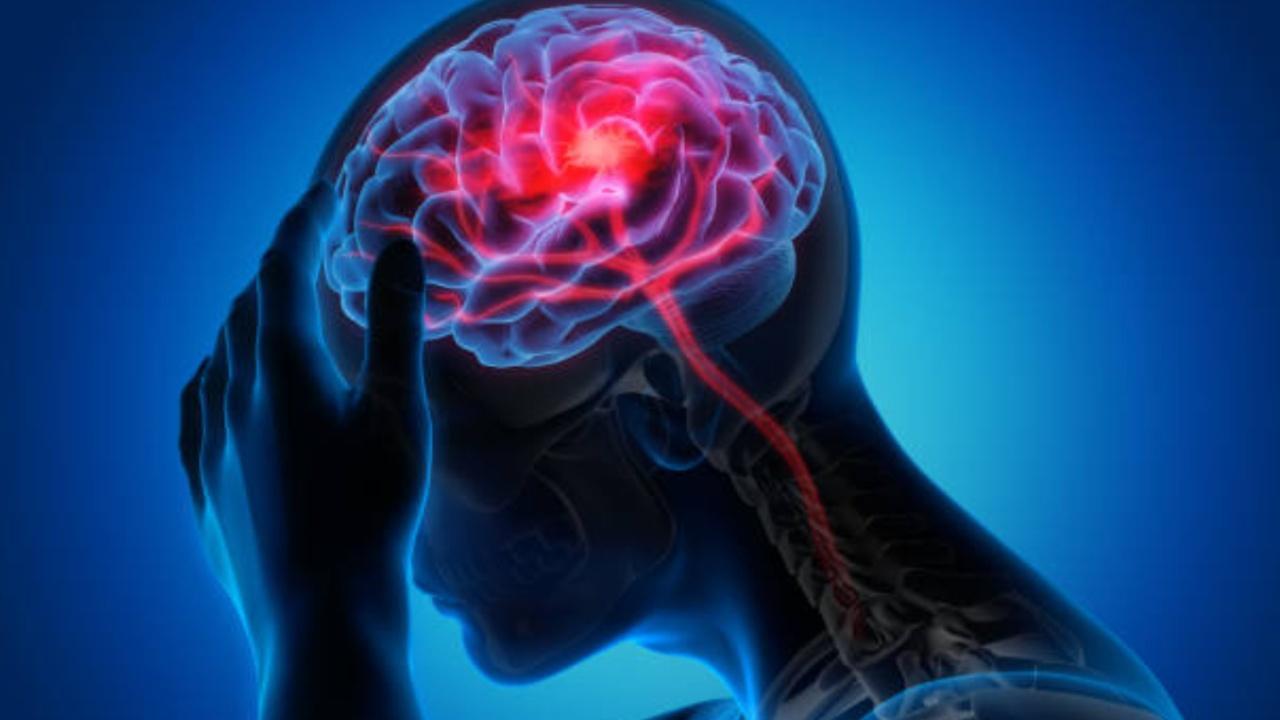Continuous exposure to artificial light from fluorescent, incandescent and LED sources can suppress the body's ability to produce melatonin -- the sleep-promoting hormone, thereby disrupting the 24-hour internal clock and impairing sleep

Image for representational purposes only. Photo Courtesy: iStock
People being continuously exposed to outdoor artificial light at night may be at a higher risk of having a stroke, a new research reviewing more than 28,000 adults in China has found.
The researchers said the excessive use of artificial light for enhancing visibility at night has resulted in about 80 per cent of the world's population living in light-polluted environments.
The team, including researchers from Zhejiang University School of Medicine, China, assessed the adults' exposure to residential outdoor nighttime light using satellite images that mapped light pollution. Cases of stroke were confirmed by the hospital medical records and the death certificates, they said.
Their analysis after following up on the participants over six years showed that 1,278 people developed cerebrovascular disease, including 777 ischemic (clot-caused) stroke cases and 133 hemorrhagic (bleeding) stroke cases.
The people with the highest levels of exposure to outdoor light at night were also found to have a 43 per cent increased risk of developing cerebrovascular disease compared to those with the lowest levels of exposure.
"Our study suggests that higher levels of exposure to outdoor artificial light at night may be a risk factor for cerebrovascular disease," said Jian-Bing Wang, a researcher in the department of public health and department of endocrinology of the Children's Hospital, Zhejiang University School of Medicine, Hangzhou, China.
"Therefore, we advise people, especially those living in urban areas, to consider reducing that exposure to protect themselves from its potential harmful impact," said Wang, one of the corresponding authors of the study published in the journal 'Stroke'.
Continuous exposure to artificial light from fluorescent, incandescent and LED sources can suppress the body's ability to produce melatonin -- the sleep-promoting hormone, thereby disrupting the 24-hour internal clock and impairing sleep, the researchers said.
"We need to develop more effective policies and prevention strategies to reduce the burden of disease from environmental factors such as light as well as air pollution, particularly for people living in the most densely populated, polluted areas around the world," said Wang.
While light pollution has been previously studied to increase the risk of developing cardiovascular disease, the researchers said this was one of the first studies to explore the relationship between exposure to light pollution at night and the potential risk to brain health and stroke.
This story has been sourced from a third party syndicated feed, agencies. Mid-day accepts no responsibility or liability for its dependability, trustworthiness, reliability and data of the text. Mid-day management/mid-day.com reserves the sole right to alter, delete or remove (without notice) the content in its absolute discretion for any reason whatsoever.
 Subscribe today by clicking the link and stay updated with the latest news!" Click here!
Subscribe today by clicking the link and stay updated with the latest news!" Click here!








